detail profile mohamed mounir
Peran Yang Di Mainkan Mohamed Mounir
 Set over the course of 48 hours...
Set over the course of 48 hours...The Tale of Daye’s Family 2024
Set over the course of 48 hours, the story follows Daye, a young man traveling across Egypt's governorates to fulfill his dream. He is accompanied by his captivating voice, his broken family, and his music teacher. He is traveling without money, a car, or any means of communication, and most importantly, he is unsure of his ability to reach his goal.
 A young freespirited dancer and student...
A young freespirited dancer and student...Dunia 2006
A young, free-spirited dancer and student of Arabic poetry falls in love with her thesis supervisor while trapped in a relationship with a man who disapproves of her dancing.
 The play tells the story of...
The play tells the story of...The King Is the King 2006
The play tells the story of a king who is bored with the ruling. He decides to disguise himself and his minister in search of entertainment among the public. He meets a bankrupt merchant who spends his time in wine and delirium and dreams of being king. The king decides to wear his clothes and make him the king of the day until he laughs at this strange scene. That the merchant is the king, including the queen and the palace guards, and the merchant discovers a plot to overthrow the rule that day, which entrench him more above his chair, and finds the king himself a victim of a recreational game.
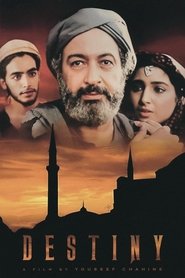 In the 12th centurys Andalusia lives...
In the 12th centurys Andalusia lives...Destiny 1997
In the 12th century's Andalusia lives Ibn Rushd a prominent Islamic philosopher with his wife Zeinab and daughter Salma. The principality is ruled by Khalifa ElMansour who has two sons, ElNasser, an intellectual that likes Ibn Rush and is in love with his daughter Salma. The younger son Abdallah is more into dancing and poetry, spending most of his times with the gypsy family and getting the daughter pregnant. The Khalifa is depending on the extremists to build his army granting them more power which they use to combat artists and philosophers. The extremists succeed in recruiting Abd Allah and train him to kill his father. Events go on where Marawan, the gypsy singer, is killed and Ibn Rushd's books are burnt. Adapted from the real life of Ibn Rushd AlMasir is Chahine's statement against extremism.
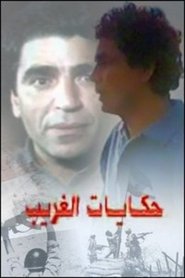 Between the Setback of 1967 and the...
Between the Setback of 1967 and the...Stories of an Estranged 1992
Between the Setback of 1967 and the glorious October War, Abdel Rahman feels despair following the defeat of his homeland as he witnesses the changes that occurred to the people and their journey from despair to determination to restore their land and dignity.
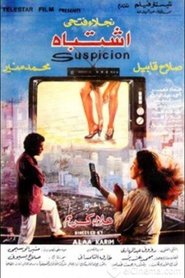 Nadia and her friend graduate from...
Nadia and her friend graduate from...Eshtibah 1991
Nadia and her friend graduate from university. Nadia is married to Hussain, while their colleague, Medhat, who was impressed with the club and does not care about him, disagrees with himself and destroys her life as a punishment for her refusal. He prepares a videotape showing Nadia in humiliating situations. Nadia collapses for her innocence. Madhat is arrested, and a club called by her husband, and the surprises follow the truth about it.
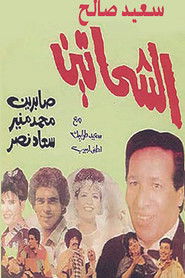 The play is distinguished and deals...
The play is distinguished and deals...Al Shahhateen 1988
The play is distinguished and deals with several major issues ... It starts when Sa'id Saleh works in several exhausting jobs and in the end he does not benefit from cheating and harassment. He sees the beggars and the large sums of money that he thinks of this work and brings together several people to be with him and be the leader of the Shehata. It begins with a series of comic paradoxes that address important issues ...
 Aisha is a widow with five...
Aisha is a widow with five...Bitter Day, Sweet Day 1988
Aisha is a widow with five children, Sana, Suad, Lamia, Asmaa and Noor. The eldest got married to Orabi the carpenter, and are living in the family's poor house. Orabi starts acting like he's the man of the house, and the other sisters try to find their way in life.
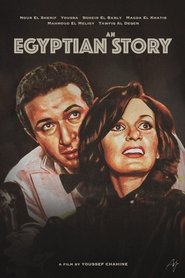 After we last see him in...
After we last see him in...An Egyptian Story 1982
After we last see him in "Alexandria, Why?" Egyptian filmmaker Yehia Mourad is in his thirties, and successful in his work, he has grown distant from his wife and children and suffers a symbolic blockage of the heart while shooting the final scenes of his latest film. After being flown to England for evaluation, it's determined that Yehia must undergo emergency surgery. Fact and fiction blend seamlessly—with healthy doses of cleverly absurdist fantasy—as the film explores the various personalities and forces that have made Yehia (and Youssef Chahine) the man he has become.
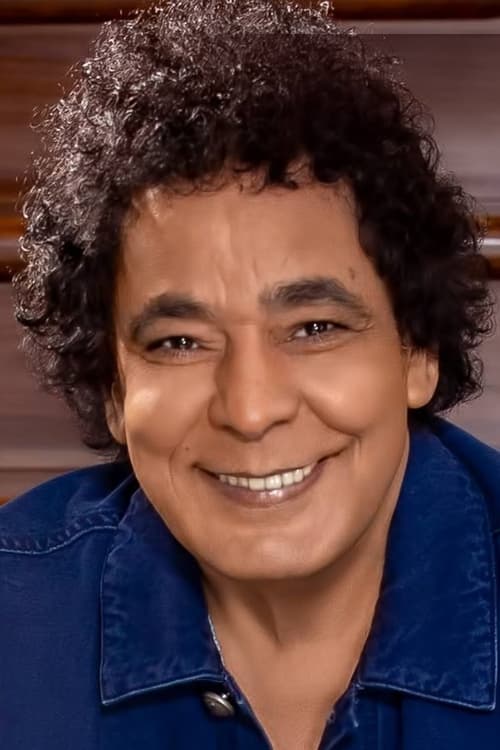
 Nahed Nabila Ebeid as the Greedy...
Nahed Nabila Ebeid as the Greedy...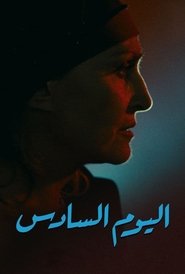 Egypt 1947 in the midst of a...
Egypt 1947 in the midst of a...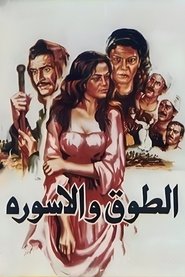 In 1933 in the village of Karnak...
In 1933 in the village of Karnak...